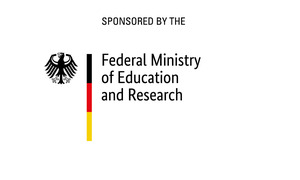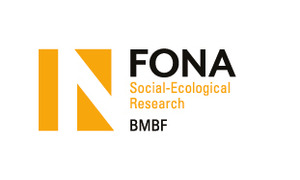Register now to participate in the conference: https://social-economy-science.eu/
The Social Economy Scientific Conference is organised and supported by the European Commission, Social Entrepreneurship Baden-Württemberg (SocEntBW), the Centre for Social Investment & Innovation (CSI) at the University of Heidelberg, the Institute for SME Research at the University of Mannheim (ifm) and the Therme Foundation powered by Josef Wund Stiftung.
In three sessions, researchers will present and discuss their work on social economy as an agent of change, social economy as part of an ecosystem and social economy as partner for policymakers, the private and public sector.
Session I – November 24th (14:30-16:30): Social economy as an agent of change and its spill over effect – Evolutionary trends to envision the future
Social economy is an agent of change for our socio-economic spaces. At the same time social economy is undergoing an important transformation itself. For this reason, it is of the utmost importance reflecting on the role social economy could play in our systems. In session I we will discuss the normative / value-based contribution social economy actors can bring to the system, including emerging and promising perspectives generated by social economy’s innovation potential. Julie Battilana (Harvard University), Marthe Nyssens (Université catholique de Louvain, EMES Network), Rocío Nogales-Muriel (EMES Network), Rafael Chaves (Universitat de Valencia), Mario Calderini (Politecnico di Milano), and Ruth Brännvall (Impact Invest Scandinavia) present their research and together with Maire J. Bouchard (Université du Québec à Montréal) discuss how the future of social economy could look like.
Session II – November 25th (10:30-12:30): Social economy as part of an ecosystem – A conducive environment for the development and spread of new models, technologies and concepts
How can sustainable business models, the use of algorithms, the concepts of impact investing and impact measurement foster the social, ecological and economic impact of the social economy? In Session II we discuss the development and spread of these new models and concepts and their potential for the social economy, along with the required measures that each ecosystem needs to become a conducive environment. Marieke Huysentruyt (HEC Paris), Geoff Mulgan (University College London), Alex Nicholls (University of Oxford) and Lisa Hehenberger (ESADE) present their research and together with Dominika Wruk (University of Mannheim) discuss how adequate mechanisms and support structures could look like.
Session III – November 25th (14:30-16:30): Social economy as a partner for policymakers and the not for profit sector – Principles, strategies and tools for accelerating innovative and impactful actions in the social economy
How do we govern the social economy to scale its impact, enable social investment to evolve, build diverse actor coalitions with a strong grounding in society, capture social impacts and stimulate social innovation? In Session III we discuss how to make progress on these accounts to unleash the potential of the social economy. Kai Hockerts (Copenhagen Business School), Antonio Miguel (Maze – Decoding Impact), Eleanor Carter (University of Oxford), and Eva Varga (Euclid Network) will present their research and chaired by Gorgi Krlev (University of Heidelberg) discuss how effective governance structures and policy frameworks could look like.
07/11/2020



